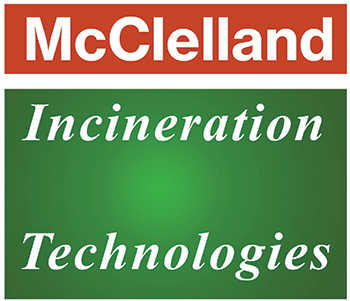- April 17, 2022
- by Chirag
- Mc Clelland
Navigating Regulatory Compliance: Understanding the Legal Landscape for Incinerator Operations
In the realm of waste management, compliance with regulatory standards is paramount. As incinerator businesses strive to effectively manage waste while minimizing environmental impact, it’s crucial to navigate the complex web of regulations governing their operations. Understanding the legal landscape is essential for ensuring operational integrity and upholding environmental stewardship.
For more information and studying further on incineration or incinerator supplier India or Industrial incinerator supplier India, visit www.mcclellandindia.com. It is located in Mumbai, Maharashtra, India with projects in all states of india – Gujarat, Maharastra etc. and all over the world.
Regulatory compliance for incinerator operations encompasses a broad spectrum of laws, permits, and standards at the local, state, and federal levels. These regulations govern various aspects of incinerator activities, including emissions control, waste handling, air quality, and public health.
At the forefront of regulatory compliance are permits issued by environmental agencies, which authorize incinerator facilities to operate within specified parameters. These permits outline requirements for emissions monitoring, pollution control technologies, waste acceptance criteria, and operational practices. Ensuring compliance with permit conditions is essential to prevent regulatory violations and maintain operational legitimacy.
In addition to permits, incinerator operators must adhere to stringent emissions standards designed to safeguard air quality and public health. Emissions control technologies, such as scrubbers, filters, and catalytic converters, are employed to minimize the release of pollutants, including particulate matter, nitrogen oxides, sulfur dioxide, and volatile organic compounds.
Furthermore, waste handling regulations dictate proper protocols for the storage, transportation, and disposal of waste materials. Incinerator operators must comply with waste characterization requirements to ensure the safe handling of hazardous, infectious, and special waste streams. Proper segregation, packaging, and labeling of waste are essential to prevent environmental contamination and mitigate potential health risks.
Beyond operational considerations, incinerator facilities must engage in proactive environmental monitoring and reporting to demonstrate compliance with regulatory requirements. Routine inspections, emissions testing, and record-keeping are integral components of a robust compliance program.
In conclusion, navigating regulatory compliance is a fundamental aspect of incinerator operations. By understanding and adhering to applicable laws, permits, and standards, incinerator businesses can operate responsibly, protect the environment, and uphold public health. Collaboration with regulatory authorities, proactive monitoring, and continuous improvement are key strategies for maintaining compliance and fostering sustainable waste management practices.





